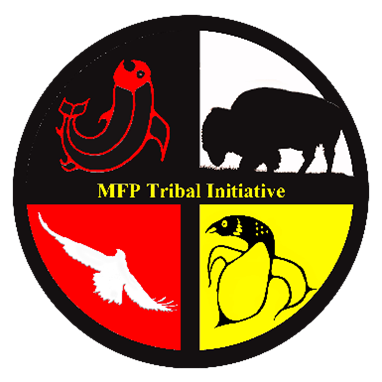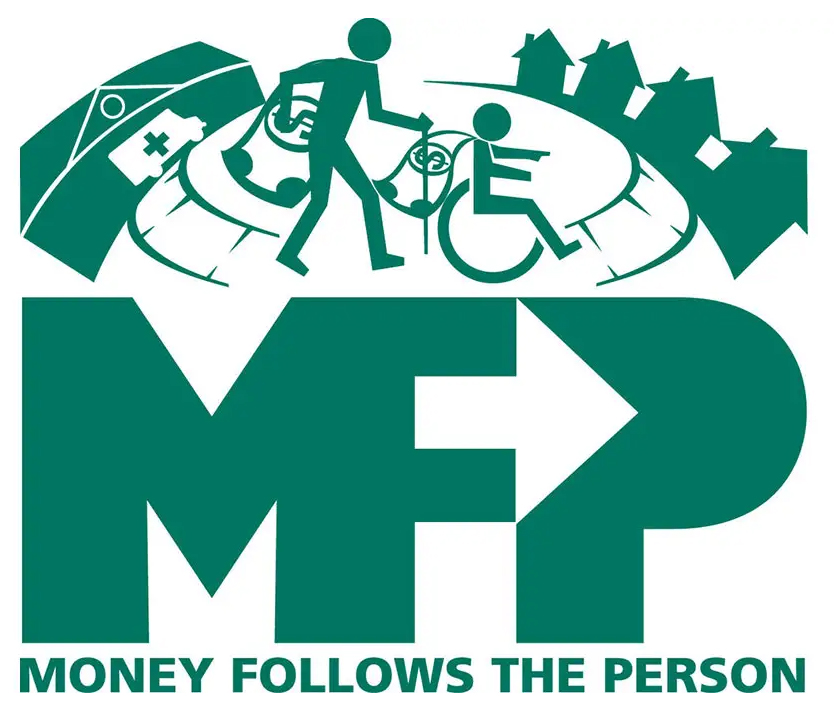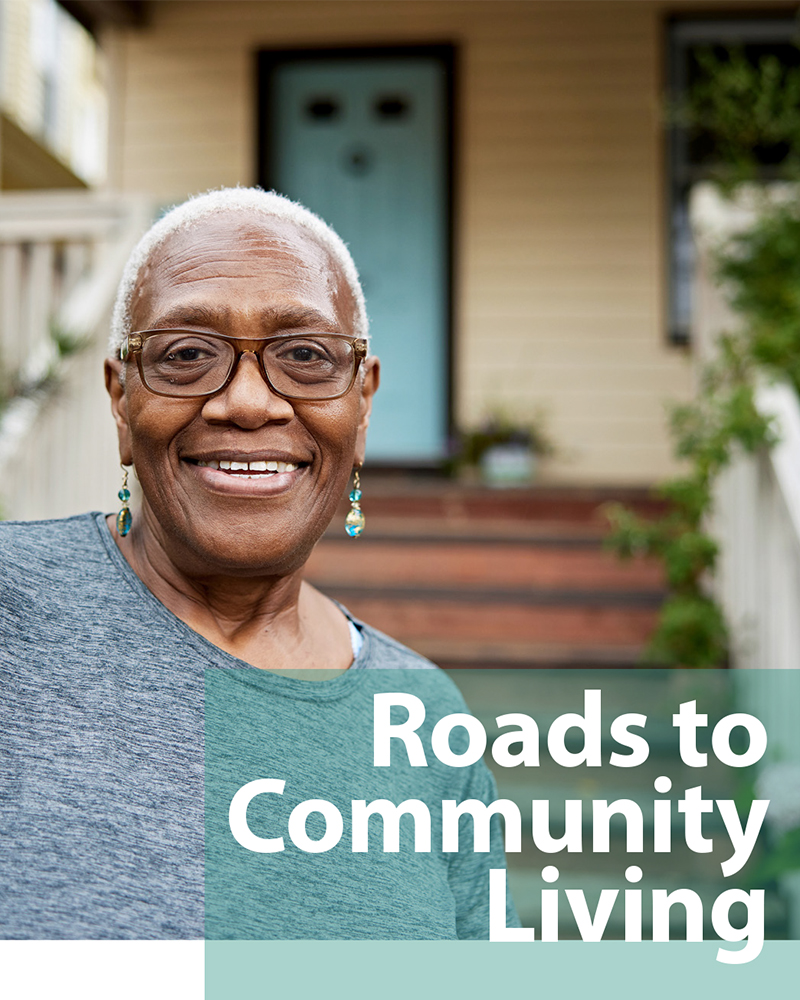Welcome to Roads to Community Living
Helping People Transition Back to Their Communities
Roads to Community Living enables people with complex, long-term care needs receive services to live in their own homes and communities. Part of Washington state's federally funded "Money Follows the Person" initiative, this project runs through 2028.
By offering person-centered services that foster independence, dignity, and inclusion, Washington meets people where they are and provides personalized support. This approach helps people transition from nursing homes, hospitals, or residential habilitation centers back into their communities.
Who Is Eligible to Participate?
To join the Roads to Community Living program, you must meet the following eligibility criteria:
- Reside in an institution such as:
- A hospital, nursing home, or residential habilitation center (for people with developmental disabilities) for at least 60 continuous days.
- A psychiatric hospital for at least 60 continuous days and be 20 years or younger, or 65+ years old.
- Be eligible for Medicaid at least one day prior to transitioning into the community.
- Move to a qualified community setting, which may include:
- A home you or a family member owns or leases.
- Apartments with individual leases.
- Assisted living facilities.
- Adult family homes.
What Services Are Available?
Participants benefit from person-centered services and supports, including:
- Transition planning assistance.
- One-time expenditures for moving and transitioning.
- One year of additional services and supports not typically available through existing programs.
Steps to Transition
Roads to Community Living follows a three-step transition process to ensure a successful move back to the community:
- Transition Planning (while in the institution):
- Receive one-on-one support to create a personalized transition plan.
- Identify necessary services, resources, and supports for the move.
- Moving Back to the Community:
- Access additional services and one-time transition support to facilitate the move and help to familiarize you with your community.
- Support During the RCL Project Period (365 Days):
- Ensure the services and supports provided are effective and meet your needs.
- Plan for long-term success beyond the RCL project period.
MFP Tribal Initiative
 |
The MFP Tribal Initiative focuses on culturally inclusive service delivery for American Indians and Alaska Natives. It aims to:
By fostering partnerships at the state, tribal, and county levels, this initiative promotes inclusive and respectful care for American Indian and Alaska Native communities. |
Contact Information
Visit our comprehensive contact list for:
- Nursing Homes/Hospitals
- Residential Habilitation Centers
- Psychiatric Hospitals
Additional Resources
- Transition Resources Brochure (PDF)
- Resources for Individual in Skilled Nursing Facilities (PDF)
- Washington State’s Operational Protocol
- Long-Term Care Professionals & Providers
- Apple Health & Long-Term Services and Supports Brochure (PDF)
- Transitioning to a New Home Workbook (English PDF | Additional Languages)
- Technology Support Services (PDF)
Becoming a Contracted Provider: Are you interested in becoming a contracted provider for the Roads to Community Living Demonstration Project? Visit Contracting Opportunities for Potential Provider
 |
Money Follows the Person was originally funded in 2007 for 5 years, the Centers for Medicare & Medicaid Services (CMS) has approved to extend the project through 2029. This website is supported by the Centers for Medicare and Medicaid Services (CMS) and the U.S. Department of Health and Human Services (HHS) as part of a financial assistance award with 100 percent funding by CMS/HHS. The contents are those of the author(s) and do not necessarily represent the official views of, nor an endorsement by, CMS/HHS, or the U.S. Government |

